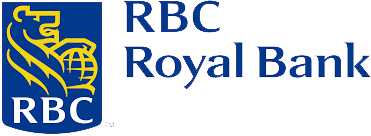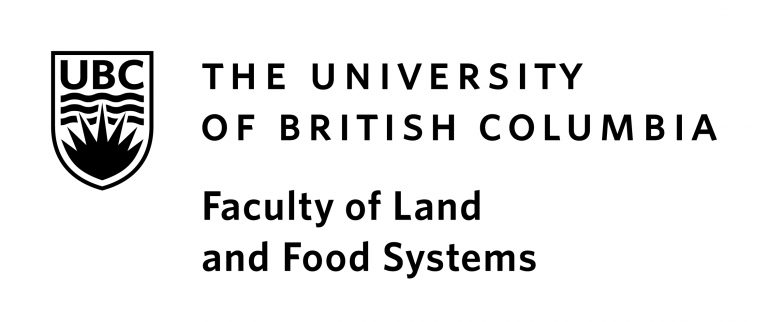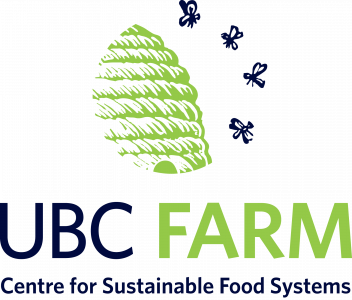Food at the Tipping Point: Ways Forward from a Food System in Crisis
Unlocking the Potential of Diversified Farming: Exploring Benefits and Overcoming Barriers
Diversified, small-scale and organic farming has the potential to support biodiversity on farmlands and increase farmer livelihoods.
But transitioning to these systems can be challenging, especially for the small-scale growers who could have the most to gain from the transition. So how can growers overcome obstacles like organic certification, food safety regulations and supply chain barriers that often hold them back?
Join us on March 23, for a virtual panel discussion and Q&A where our expert panelists will share firsthand experiences of the challenges farmers face. Learn more about the ecological and socioeconomic benefits of diversified agricultural systems and explore how policies and direct actions can make the transition to these systems easier.
This webinar was convened by Jenna Melanson, a PhD Candidate in UBC’s Working to Restore Connectivity and Sustainability Lab.
View all 10 events in the series here!
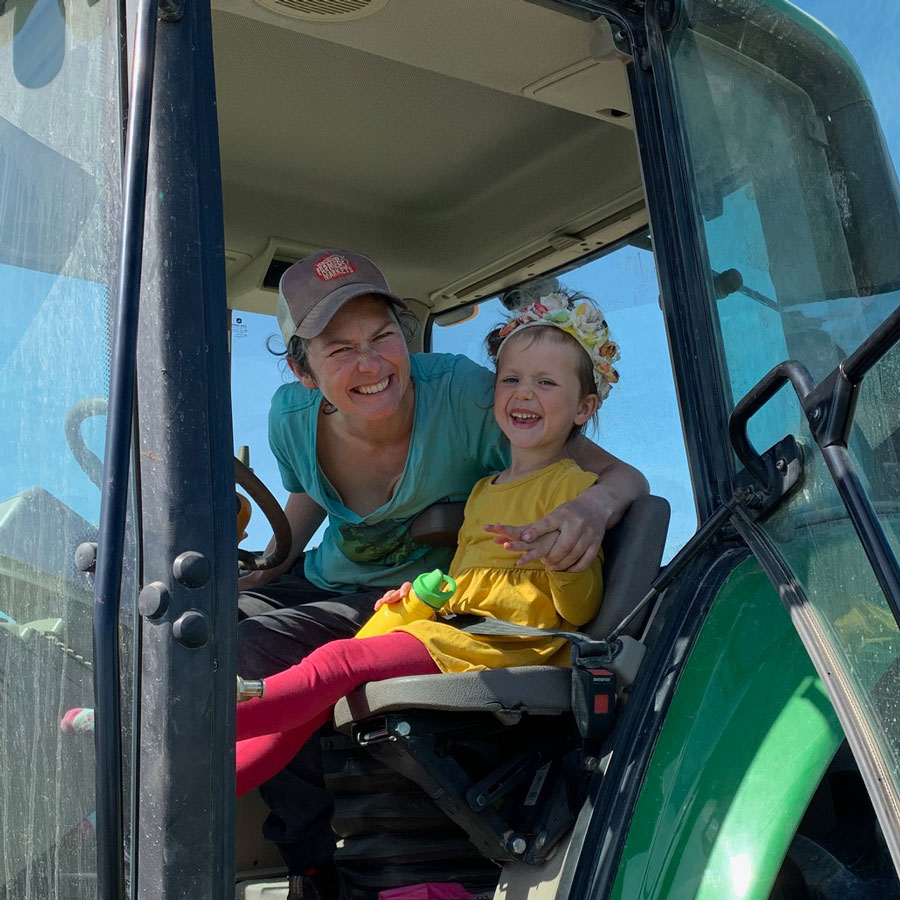
Lydia Ryall – Cropthorne Farm
Lydia Ryall is the owner of Cropthorne Farm, a 24 acre Certified Organic vegetable farm on the Fraser Delta. Lydia obtained her BSc in Agriculture out on the prairies and returned to her hometown in 2009 to start her own farm. She is also a mum of 2, partner to a wildlife biologist and has just taken up curling!

Kenzo Esquivel – UC Berkeley
Kenzo Esquivel (he/him) is a 4th year PhD Candidate at UC Berkeley’s Department of Environmental Science, Policy, and Management. He works in the Berkeley Agroecology Lab investigating the policy, supply chain, and economic constraints facing the adoption of diversified farming practices, and the impact that these practices have on soil health and function. He obtained his MS in Ecology and Evolutionary Biology from the University of Michigan, and BS in Environmental and Geophysical Science from the University of Chicago.

Kevin Cussen – LiteFarm
Kevin Cussen (he/him) has held an odd collection of roles throughout his career, from Peace Corps volunteer, to software engineer, to founder and CEO of a West African biogas-as-a-service company. For the last eight years, he’s worked in various product management roles at a mix of private, public, and nonprofit entities, including leading roles on two open source projects – OpenLMIS and LiteFarm. Kevin has an MBA from the University of Washington and a Bachelors in Computer Science from the University of Texas at Dallas. In his spare time, Kevin likes spending time with his family, reading about history and economic theory, and long distance backpacking trips.

Kevin Norris – Agriculture and Agri-Food Canada
Kevin Norris was the acting Director of the Environment Policy team within the Strategic Policy Branch at Agriculture and Agri-Food Canada (AAFC) between 2019-2022. Since then, he has been the acting Director of the Resilient Agriculture Policy Division also within AAFC. During this time, his teams have advanced several agri-environmental policies related to natural climate solutions, agricultural clean technologies, water, biodiversity, adaptation and increasing on-farm adoption of beneficial management practices, including as part of Canada’s strengthened climate plan and the new Sustainable Canadian Agricultural Partnership.
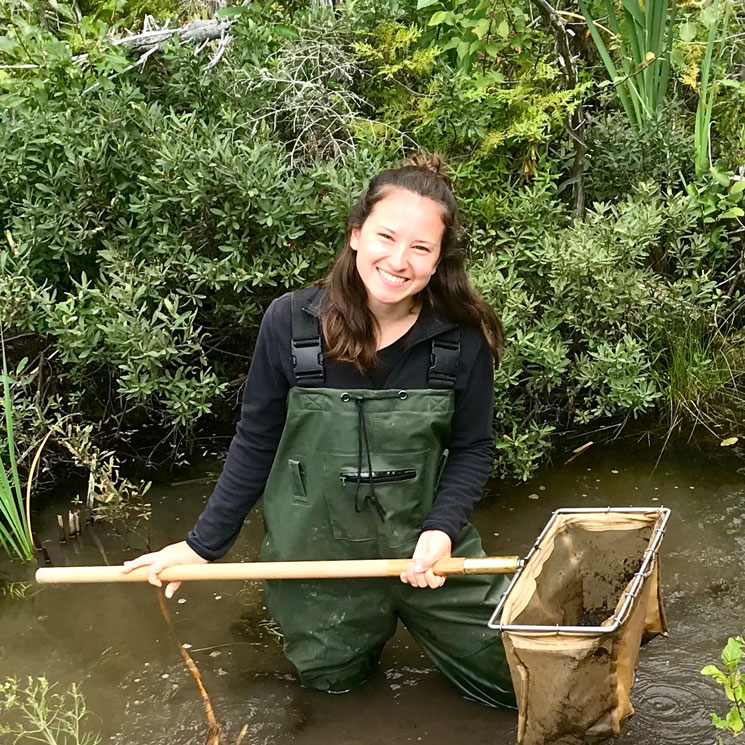
Carly McGregor (Moderator) – UBC Plant-Insect Ecology & Evolution (PIEE) Lab
Carly McGregor is a lab manager in the Plant-Insect Ecology & Evolution (PIEE) lab at UBC, where she collaborates on projects investigating how farmland diversification practices can improve the sustainability of crop production through biodiversity conservation. Carly is a recent MSc graduate from the Working to Restore Connectivity and Sustainability (WoRCS) research lab at UBC. During her MSc, Carly assessed agricultural restoration projects, such as hedgerows and grassland set-asides, for their potential to support pollinators on farms in the Lower Mainland of BC.
The Food at the Tipping Point: Ways Forward from a Food System in Crisis series is brought to you by the Centre for Sustainable Food Systems (CSFS), the BC Food Web, the Faculty of Land and Food Systems (LFS), and the Royal Bank of Canada. This 10-part speaker series addresses the urgent need for widespread, dramatic change and provides us inspiration and real solutions.

